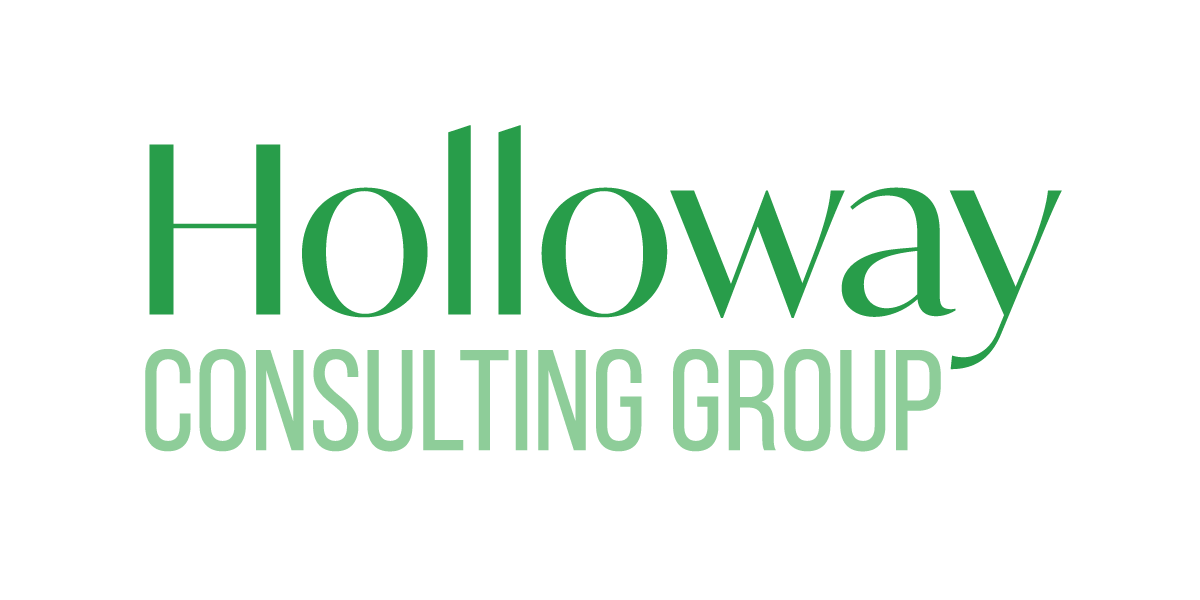Learning and development play an essential role in an organization’s success. However, a recent study conducted by the Sitel Group found that 35 percent of employees believed their employers did not understand their skill sets and areas that they need development in, while another 5 percent do not know how their employer feels about their expertise and areas that need further professional development. The results of this study lead me to believe that two important ideas related to organizational learning development cannot be overlooked:
- Training is necessary to cultivate a strong workplace culture
- Training must have a clear, explicit intent
Purposeful training opportunities will transform the mindset of your associates if it’s clear how it’s beneficial to them. They won’t groan when they hear the words “mandatory training,” anymore if they believe their learning and development will be beneficial to their individual and team goals, and not just the company. Therefore, consider these four categories of training when you are thinking of how to enhance workplace culture and associate productivity.
Technical Training
Everyone has specific skills that they need to possess to contribute to an organization’s success. Technical training is the duties that associates perform every day. When you assign your associates to attend technical training, you are expecting them to enhance their abilities in the workplace. While the need for technical training may result from an associate not possessing strength in a skill area, it can also be because the industry is evolving and there is a need for updated training.
Soft Skill Training
Soft skills training refers to topics that involve interpersonal skills that are related to enhanced communication and productivity. Some examples of soft skills training include leadership and communication skills, management styles, writing/communication, project management, and diversity initiatives.
By providing your associates with soft skill training, you will be equipping them with the competencies necessary to function in a workplace environment that is focused on efficiency and partnership.
Methodologies and Frameworks
Associates may also need support in understanding the principles and methods related to a specific subject. Methodology training will always establish the distinct rules and decision-making practices necessary to achieve goals.
In addition to methodologies, framework training is also necessary. Frameworks will allow associates to understand the guidelines related to principles and ideas that will allow for necessary change. The big difference between methodology and framework training is that methodology is steeped in distinct rules while a framework is a guide that offers insight.
Expectations and Standard Operational Procedures
Every organization needs policies and procedures established to provide structure to everyone. Without established policies and procedures, it is difficult for leadership to set clear expectations for its associates.
Providing training in operational expectations, policies and procedures should be available when onboarding a new associate. This type of training can also be provided periodically as a reminder to all members of your organization.
Always remember that training your associates’ signals that you are serious about their contributions to your organization’s success. Learning and development provide them with the opportunity to enhance their skill set in four distinct ways while also understanding the goals of your organization. By being intentional in your expectations and delivery, your associates will value the purpose of your training.
***
Holloway Consulting Group is an Atlanta-based firm helping corporate technology teams all over the world set goals, create plans, and solve complex problems. We aim to service organizations through our training, coaching, and project management programs. Visit our website to schedule a call with our team today!




